
Jade Song. Illustration: Maanvi Kapur
2023
Other Books Highlights From This Year III
Throughout the year, Vulture maintained a “Best Books of the Year (So Far)” list. Many of those selections appear above in our top-ten. Below, the rest of the books that stood out to them this year, presented in order of release date.
Ascension, by Nicholas Binge
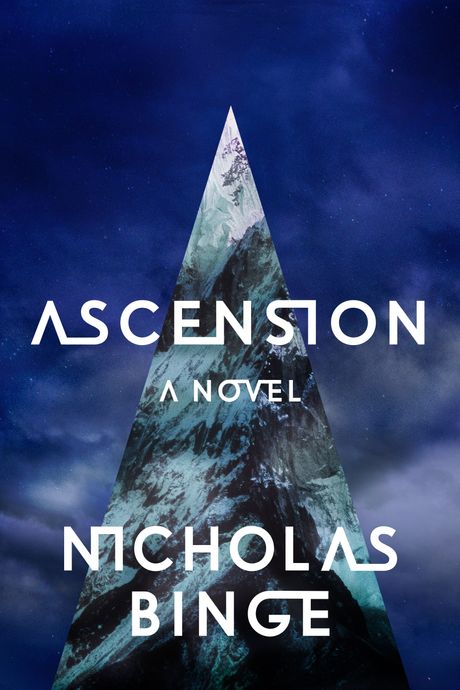
When a mountain that’s taller than Everest by a good 10,000 feet appears in the middle of the Pacific Ocean overnight, physicist Harold Tunmore is one of a handful of experts recruited for a top-secret summiting expedition. But the secrecy around the operation and the mountain itself raise more unsettling questions. This isn’t the first group to attempt the climb — the previous group’s sole survivor was Harold’s estranged wife Naoko, who is no longer entirely attached to reality. They’re not far out of base camp when Harold starts seeing events from the past and future playing out in front of him on the icy crags and the climbers are beset by horrific, tentacled beasts and strange portals through space and time. The further they climb, the more Harold gets the sense that he is no longer himself, but the need to reach the summit becomes more overpowering by the hour. Perfect for readers who loved Jeff VanderMeer’s Annihilation, Ted Chiang’s Story of Your Life, or Jon Krakauer’s Into Thin Air, Ascension is thrilling, breathlessly paced, and poses thorny questions about time, fate, grief, and the nature of the self. Is it the accomplishment that makes us human or the quest? —E.H.
Affinities: On Art and Fascination, by Brian Dillon
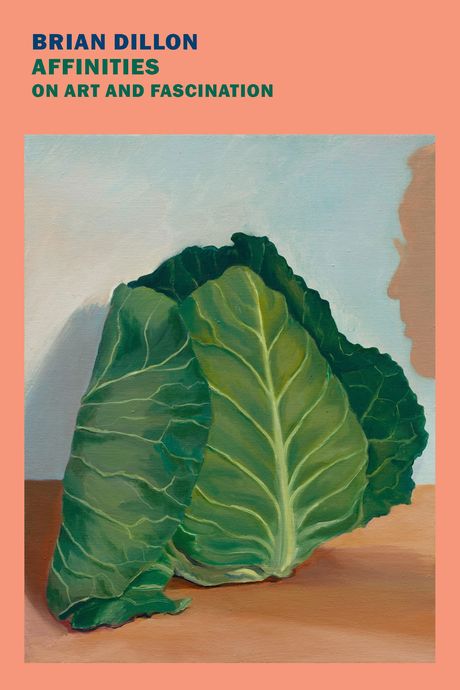
In this collection of essays, Brian Dillon arrives in critical spaces through personal avenues. His writing about his relationship with his aunt — a woman who became a shut-in, photographing the perimeter of her yard, growing a body of work, developing a style — opens up into a theory about careful looking as an outgrowth of anxiety. In a series of belles lettres on the artists to whom he’s drawn — many of them photographers, including Francesca Woodman, Claude Cahun, and his aforementioned aunt, some of them using the medium to explore gender fluidity, others the natural world — Dillon develops an argument on the meaning of “affinity.” It’s not always rational, which works we most identify with; it’s both simpler and more magical than that. —M.C.
Monsters, by Claire Dederer
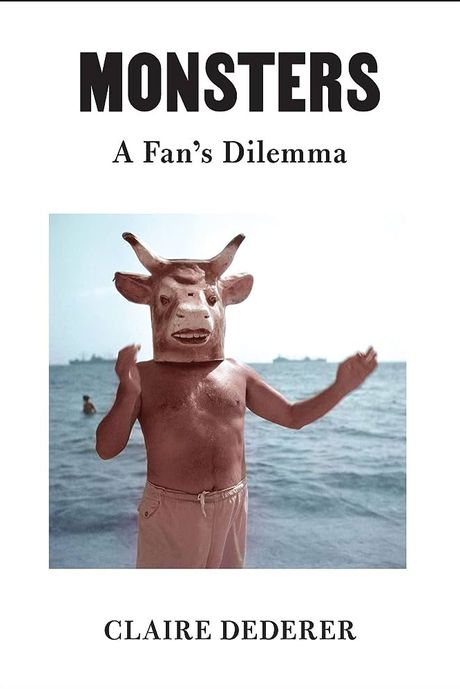
Claire Dederer’s Monsters is the book I have most enthusiastically recommended to friends this year. Moving between art criticism and memoir, Monsters shifts perspective away from the artists who have behaved badly to the admirers of their work. Instead of focusing on the “monsters,” Dederer interrogates how we ought to relate to work that has so deeply moved us and shaped our connections to art. She is an astute and ruthless critic of the artists she chronicles and of herself. Her essay on Lolita is one of the smartest, most coherent responses to the knee-jerk alarmism that so often floods conversations about the novel, and her ability to empathize with the selfishness of creation while condemning its collateral damage is mesmerizing and profound. Her conclusion on the final page that we “don’t love the deserving; we love flawed and imperfect human beings” has been stuck in my head since the day I finished the book. —I.M.
The Wager: A Tale of Shipwreck, Mutiny and Murder, by David Grann
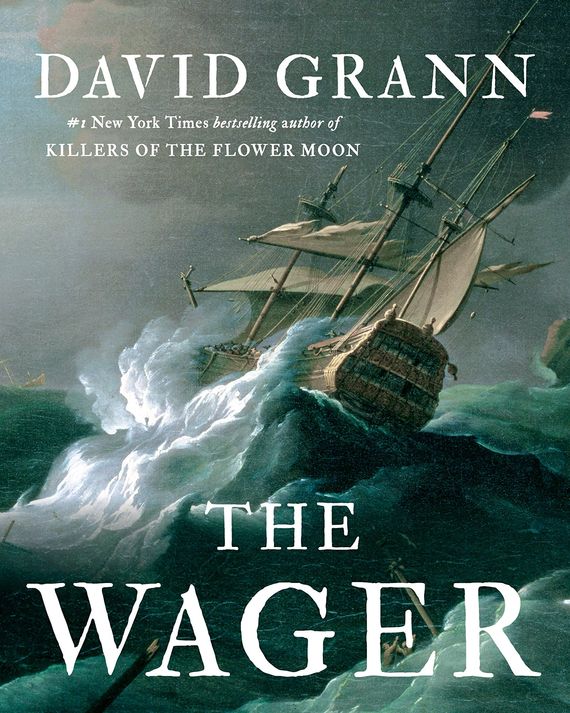
Nautical nonfiction gets pigeonholed as a “dad” genre, but The Wager deserves the widest audience. David Grann, known for his best-selling true-crime investigation Killers of the Flower Moon, wades through the dense history of 18th-century British warships, their crews, and the imperialist powers that sent them across the seas and homes in on the story of a man-of-war doomed to wreck on a deserted Patagonian island. More than a year after the Wager set sail from England, 30 of its men arrived on the shores of Brazil in a hardscrabble boat made of the ship’s wreckage, describing their heroic survival and escape. Six months later, though, another vessel washes ashore in Chile, carrying three survivors who tell a different story of their months on the deserted island — one of anarchy, betrayal, and murder. The Wager is a historical page-turner — suspenseful not only for its narrative but its ability to reveal the shaky ground beneath the histories we’ve accepted as truth. Whose account do we believe and why? Shocking, enthralling, and informative without ever getting dry, it will captivate any thriller fan. (Unsurprisingly, Martin Scorsese and Leonardo DiCaprio already have the adaptation rights.) —A.R.
Losing Music, by John Cotter
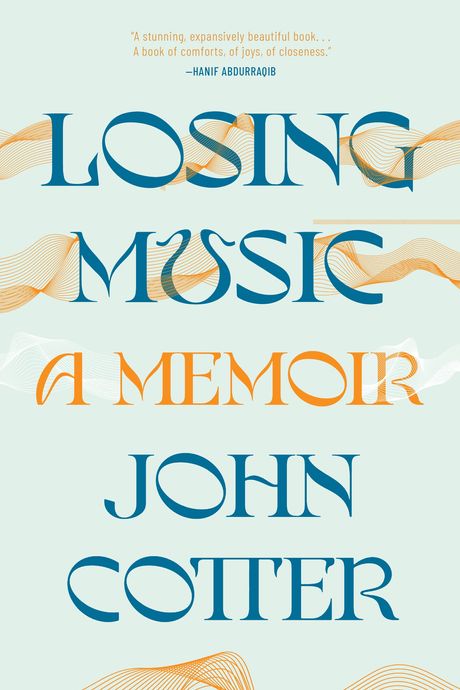
John Cotter’s memoir, Losing Music, follows his experience managing Ménière’s disease — a condition involving tinnitus, vertigo, and sporadic hearing loss — and navigating America’s health-care system as an uninsured adjunct professor. Cotter writes about hearing not only as a sensation but as a gateway to memory and other senses, which, he observes, are inextricably linked. “You hear a bad Billy Joel song in the freezer aisle at Safeway and time is refuted,” he writes. Just as sight can aid his hearing, his partner assists him in navigating his most vertiginous days. Cotter writes about the embodied experience of hearing loss vividly and within a network of contexts: that of caregiving and that of medical science’s many unsolved mysteries. —M.C.
Ordinary Notes, by Christina Sharpe

The title of Christina Sharpe’s third book, Ordinary Notes, serves as a prism for evaluating its contents. What exactly is ordinary, Sharpe seems to be asking, and to whom? Much of what appears in these pages might not seem ordinary at first blush — Sharpe presents a compendium of ideas, arguments, letters, pictures, and autobiographical musings about the Black experience in America and throughout the world. But this is precisely what Sharpe is getting at: She asserts that history has rendered the extraordinary — extraordinary pain, extraordinary suffering — ordinary by refusing to acknowledge and contend with the range of abuses that Black folks have experienced for centuries. Sharpe also elevates the ordinary — ordinary lives, ordinary thoughts — by lavishing each subject she writes about with careful attention and vivid prose. The book is vital and extraordinary. —T.F.
Blue Hour, by Tiffany Clarke Harrison
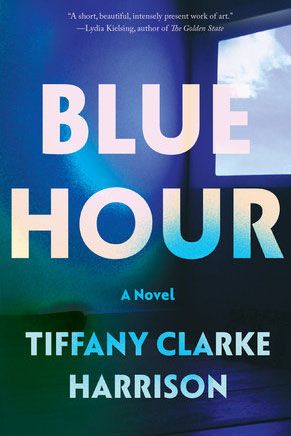
In Tiffany Clarke Harrison’s graceful, searing debut novel, a narrator — writing directly to her husband, Asher — picks apart her fears of parenthood, drawing connections between those apprehensions and a family accident, her recent pregnancy loss, and the police shooting of a Black boy named Noah, a quiet, anime-loving student in her photography class. Before these devastating events, she and Asher reveled in “late nights and liquor and displays of whatever the hell we wanted.” After, they’re withdrawn from each other, keeping secrets and fumbling their attempts at connection. Yet the narrator keeps fantasizing about conversations they had in the earliest days of their relationship, back when she wasn’t yet the “‘I love you’ type” but found herself suddenly stepping over a new threshold of commitment and vulnerability. Her memories of that family tragedy and the miscarriage, though, are just as vivid. Told in fragments, the novel is somber, but the characters are alive even in their state of mourning. —E.A.
Chlorine, by Jade Song
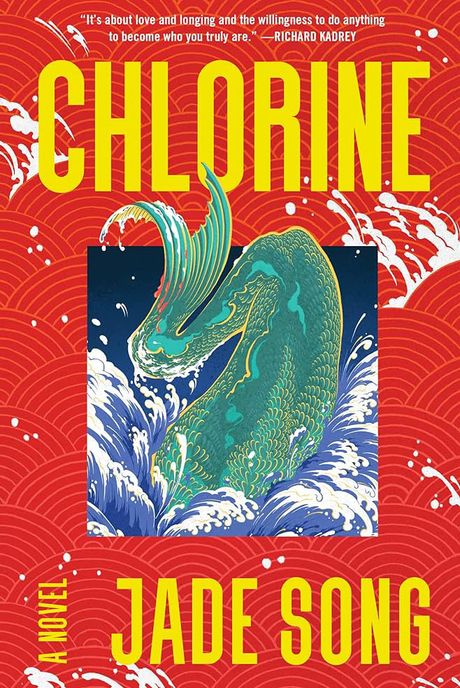
Jade Song’s debut was the greatest surprise of the year, injecting harrowing body horror into a high-schooler’s coming-of-age narrative. Following Ren, a ruthlessly determined swim-team star whose obsession with mermaids and need to be extraordinary increasingly alienates her from her peers and her humanity, this mind- and genre-bending novel explores the existential consequences of sexual predation, familial and cultural pressure, and the rigid requirements of identity. It’s a thrilling addition to the mermaid mythology canon and as gruesome as its forebears. —A.R.
Lone Women, by Victor LaValle
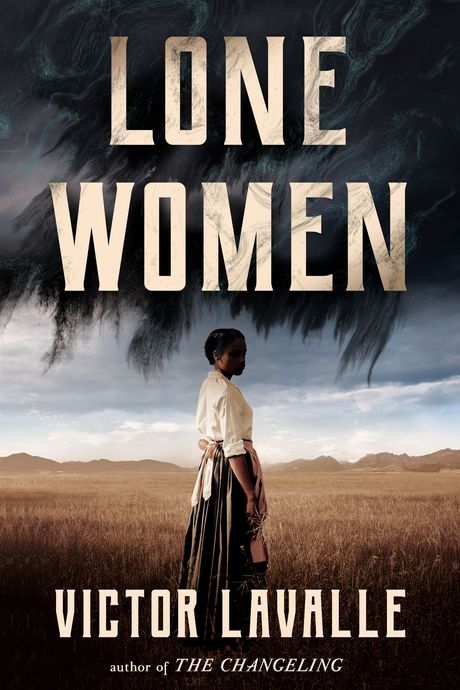
Adelaide Henry is on the run from her past. Leaving behind a burnt-out farmhouse and dead parents, she makes for the plains of Montana, planning to set up a remote homestead. The only thing Adelaide brings with her is a (physically and metaphorically) heavy steamer trunk — one that must always remain locked. When it opens, people die. Adelaide counts on the solitude of her new life to ensure the safety of those around her, but she quickly learns that no woman is an island, and the connections she forges with her neighbors become indispensable, which makes it all the more dire when the steamer trunk inevitably opens and the thing inside escapes. It’s so easy for historical fiction to slide into didacticism, with character arcs and narrative momentum overwhelmed by world-building, but Victor LaValle somehow makes it look effortless. He populates the town of Big Sandy with a robust, colorful cast of characters — among them, a Chinese American laundry owner searching for her father’s grave, a Black moonshiner, a Native trader, and a protective mother. Everyone here carries their own set of demons — though perhaps none as literal as Adelaide’s. LaValle weaves a vibrant new picture of the American West, and readers will be glad to go along for the ride. —E.H.
Seventy Times Seven: A True Story of Murder and Mercy, by Alex Mar
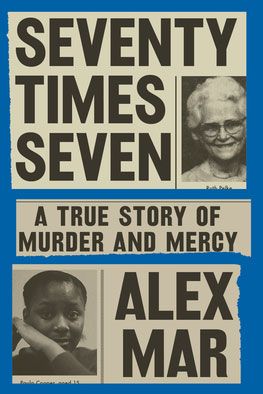
Alex Mar’s Seventy Times Seven orbits around an evergreen question: What is the limit of forgiveness? In 1985, Paula Cooper, a 15-year-old Black girl, invades the home of Ruth Pelke, a 78-year-old white woman, and stabs her to death. Condemnation soon follows, and Cooper is tried, convicted, and sent to death row as a minor. During Cooper’s trial, another story emerges: The defense attorneys reveal that Cooper’s childhood has been fraught, featuring episodes of sexual abuse and an unstable home. Millions take up Cooper’s cause, and she becomes the face of the excesses of the U.S. justice system, the enduring drama of race relations in America, and an international discourse about who is worthy of forgiveness and why. Mar’s narrative is probing, careful, elegant, and sure; each page yields a new dimension of the story and requires us to reengage with the facts anew. This is a complicated tale, gracefully told, that will engross readers for years to come. —T.F.


No comments:
Post a Comment